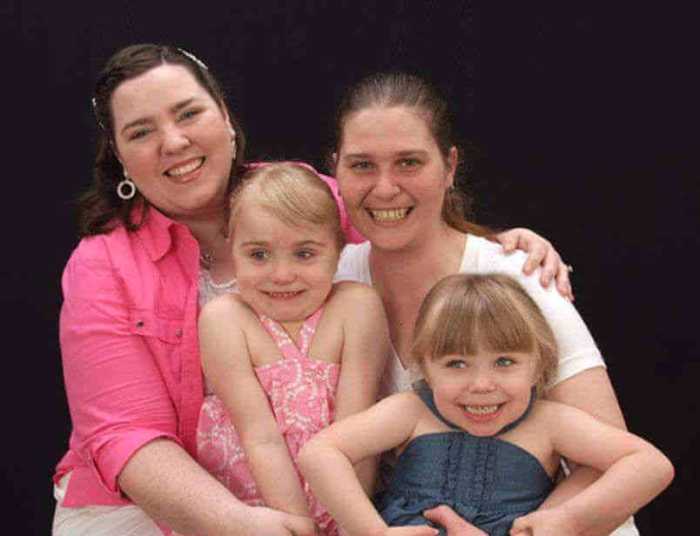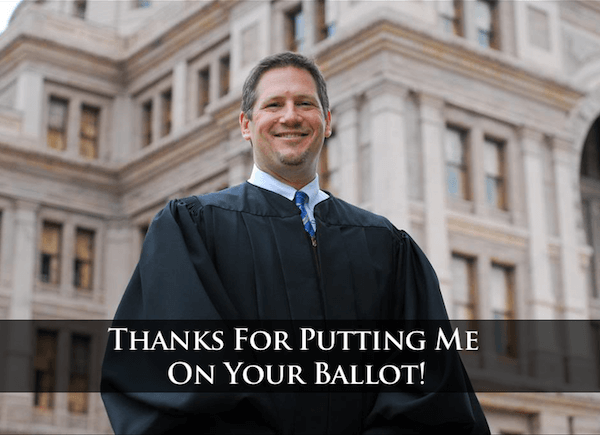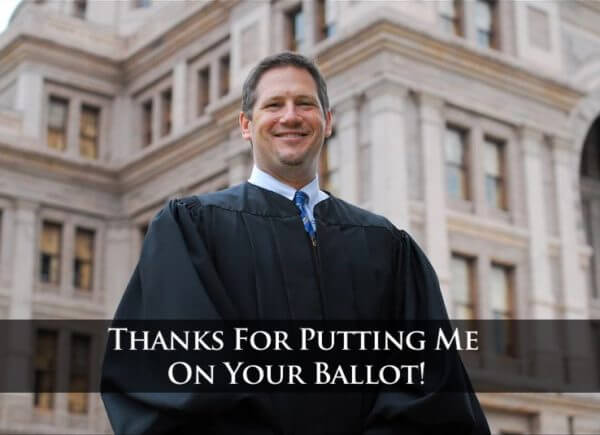BY DUNCAN OSBORNE | More than 200 pages into “Then Comes Marriage: United States v. Windsor and the Defeat of DOMA,” Roberta Kaplan, the attorney who won the 2013 case before the Supreme Court that struck down the most significant part of the 1996 Defense of Marriage Act, describes one of many moot court sessions she participated in as she prepared for oral arguments before the nation’s highest court.
“You shouldn’t get into facts… your low-hanging fruit is all the things that are irrational,” one unidentified attorney advised her at the end of the session. “Make it about an irrational federal statute. De-gay the case. De-gay this case.”
When it was passed, DOMA was an explicit attack on gay and lesbian couples. The lawsuit was brought by Edie Windsor after the death of Thea Spyer, her partner of more than 40 years and spouse after they married in Canada in 2007. Because DOMA required the federal government to treat the married couple as legal strangers, Windsor was presented with a substantial estate tax bill that she would not have had to pay if they were treated as legally married.
Roberta Kaplan brings admirable modesty to account of landmark 2013 victory over DOMA
The life that Spyer and Windsor made together was at the core of the case. As it made its way through the federal courts, Kaplan routinely said, “It’s all about Edie, stupid” to remind herself and the other members of the legal team that Windsor was their client and that she was central to the lawsuit. How a lawyer could “de-gay” such a case is never explained. Kaplan writes that this comment sent her and her legal team “over the edge.” They did not follow that advice.
“Then Comes Marriage,” which Kaplan wrote with Lisa Dickey, is filled with these sorts of anecdotes and not all of them accrue to Kaplan’s benefit. At her final moot court session, an exhausted Kaplan said, “Enough! If I have to during the argument, I’m going to throw handicapped people under the bus.”
Spyer had multiple sclerosis that eventually made her a quadriplegic, and she spent the last 25 years of her life in a wheelchair. Kaplan describes Windsor as “furious,” and she quickly offered an apology. This kind of honesty makes “Then Comes Marriage” all the more compelling.
“Then Comes Marriage” has sections that are essentially brief biographies of Kaplan and Windsor that feel as if they slow the storytelling, but when paired with the tale of the lawsuit, they offer fascinating insights, notable facts, and interesting contrasts.
In 2006, Kaplan argued the marriage case that eventually arrived at the Court of Appeals, New York’s highest court. Robert S. Smith was among the seven judges on the court and the most aggressive marriage opponent. The court declined to allow lesbian and gay couples to wed in New York. That was won by a vote in the State Legislature in 2011. When Kaplan was a summer associate at Paul, Weiss, Rifkind, Wharton & Garrison, Smith was a partner there and they worked together on a pro bono death penalty case. Spyer was a therapist and many years before she met Windsor, Kaplan was briefly Spyer’s client when she was struggling with coming out of the closet.
“Then Comes Marriage” is a very quick read. It also offers an inside look at how important cases wend their way through the courts. We do not usually see the frustrations and the intimate moments that must inevitably be a part of such high stakes legal battles.
The book also offers a welcome contrast with “Redeeming the Dream: The Case for Marriage Equality,” which was written by Ted Olson and David Boies, Jo Becker’s “Forcing the Spring: Inside the Fight For Marriage Equality,” and “The Case Against 8,” a film documentary.
Boies and Olson were the attorneys who brought the case that overturned Proposition 8, a 2008 California ballot initiative that banned same-sex marriage in that state. The Supreme Court heard the Prop 8 and Windsor cases at the same time, but the court declined to rule on the Prop 8 case on the merits, saying the official proponents of the initiative lacked standing. That left a lower court ruling striking down Prop 8 in place. Olson had boldly promised that the case would go to the Supreme Court and win marriage in all 50 states, but what he won was marriage in California.
It was the Windsor case that led to the marriage wins in federal courts beginning in 2014 and that culminated in victory nationwide in 2015. The Prop 8 books and the documentary were an exercise in tireless self-promotion, and “Then Comes Marriage” displays some refreshing humility that was entirely lacking in those earlier accounts.
THEN COMES MARRIAGE: UNITED STATES V. WINDSOR AND THE DEFEAT OF DOMA| By Roberta Kaplan, with Lisa Dickey | W.W. Norton & Company | $27.95 | 336 pages



































